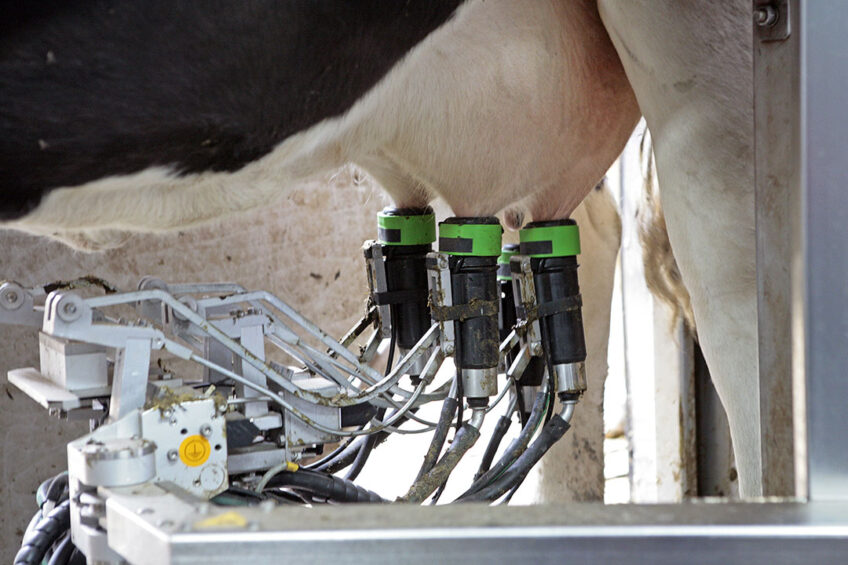Kenya’s dairy sector, which contributes over 14% to the country’s GDP, is undergoing a digital revolution. Small and mid-sized farmers are adopting innovative technologies to overcome inefficiencies, boost productivity, and enhance sustainability. Below, we explore the key technological advancements reshaping dairy farming in Kenya, their benefits, and the challenges hindering wider adoption.
1. Digital Farm Management Tools
Mobile Apps for Real-Time Monitoring
Farmers like David Wamae (Karen, Nairobi) now use apps like DigiCow to track milk production, breeding cycles, and cow health with just a few taps on their phones. This eliminates guesswork and manual record-keeping, leading to 30% higher profits and daily yields of up to 300 liters .
-
Features:
-
Milk yield tracking
-
Estrus detection for timely breeding
-
Health alerts (e.g., mastitis, tick-borne diseases)
-
SMS updates for farmers without smartphones
-
Vet Mkononi: Integrated Farm Management
This app helps farmers:
-
Monitor milk production and animal health
-
Schedule veterinary visits
-
Generate financial reports
2. Precision Livestock Technologies
Wearable Sensors & Automated Systems
-
Health Monitoring: Sensors track body temperature, rumination, and activity levels, enabling early disease detection.
-
Automated Milking Systems: Reduce labor costs and improve efficiency.
-
GPS-Enabled Grazing Management: Optimizes pasture use, combating land degradation.
Artificial Insemination (AI) & Genetic Improvement
-
Nyandarua County subsidizes AI services (reducing costs from KSh 2,000 to KSh 400), paired with apps like Digycow to track pregnancies and calf management.
-
AI improves herd genetics, increasing milk yields and disease resistance.
3. Solar-Powered Cold Chain Solutions
Smallholder farmers lose up to 40% of milk to spoilage due to lack of refrigeration. Innovations like Savanna Circuit’s MaziwaPlus solar-powered chillers:
-
Preserve milk quality in off-grid areas
-
Have transported 2.4 million liters, benefiting 22,000+ farmers
4. Challenges to Adoption
Despite progress, barriers remain:
High Costs: Imported tech (e.g., sensors, automated systems) is expensive for smallholders.
Infrastructure Gaps: Poor internet and electricity limit app and sensor use.
Low Digital Literacy: Many farmers lack training to use these tools effectively .
Climate Pressures: Droughts and heat stress reduce feed/water availability, undermining tech benefits .
5. The Future of Kenya’s Dairy Sector
The integration of precision farming, solar energy, and mobile tech is paving the way for:
-
Higher productivity (e.g., 25% lower feed costs, 20% fewer vet expenses) 11
-
Stronger market linkages via cooperatives and digital platforms
-
Climate-smart practices, reducing emissions by 6.5–27.4%
Farmers like Wamae prove that the future is digital—and those who adopt these tools are already reaping the rewards .
Key Takeaway: Kenya’s dairy revolution hinges on affordable tech, training, and policy support to ensure smallholders aren’t left behind.

